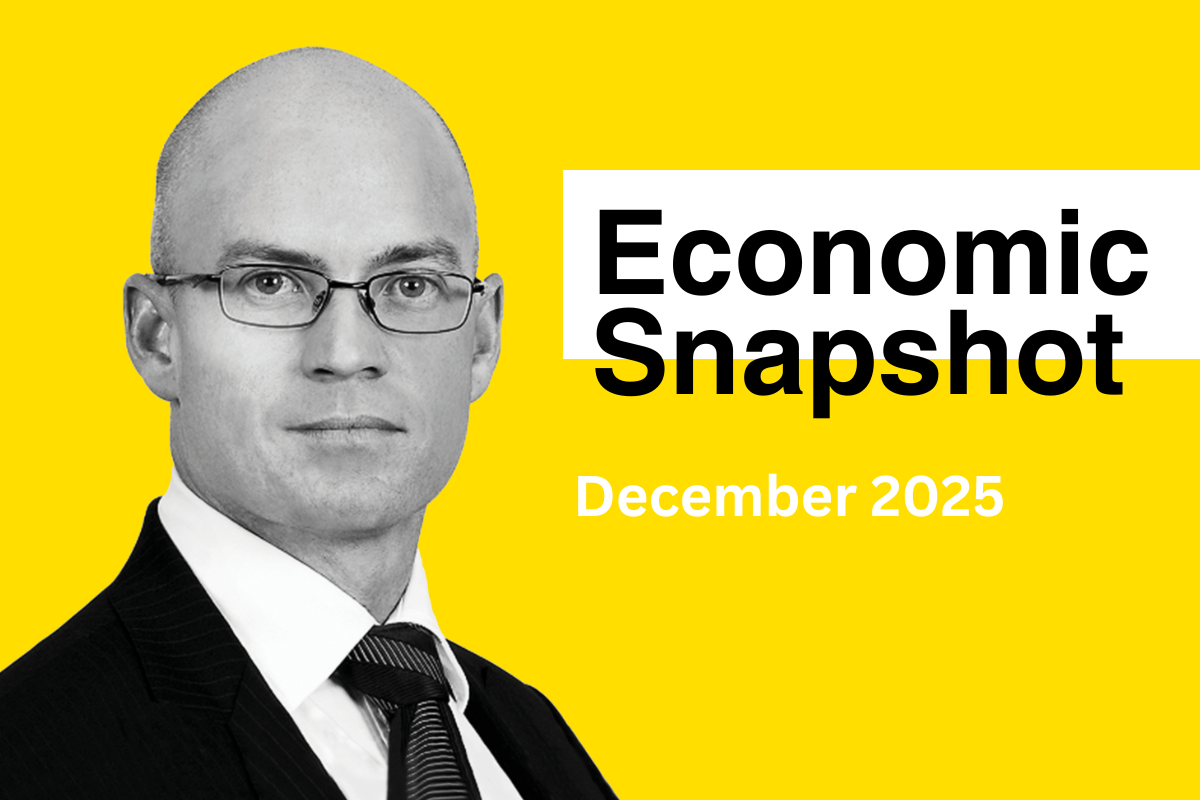
When it comes to money, most of us want two things: peace of mind and a clear plan. A good financial adviser can help you get both — but only if you feel confident that they understand your goals and are working in your best interests. One of the best ways to figure that out is by asking the right questions.
Whether you’re 25 and sorting out your first super fund, juggling family expenses in your 40s, or mapping out retirement in your 60s, the questions below will help you start the right conversations with your adviser.
1. Are you licensed, and what’s your background?
In Australia, only licensed advisers are legally allowed to give personal financial advice. That means they’ve met education and ethical standards and appear on ASIC’s Financial Adviser Register. It’s worth checking this before you sign anything.
But don’t stop there — ask about their career journey. Have they mostly worked with young professionals, families, or retirees? Do they specialise in investments, retirement planning, or debt management?
Your adviser’s background should line up with your stage of life. For example, someone focused on complex retirement strategies may not be the right fit if you’re just learning how to budget and build savings. On the other hand, if you’re close to finishing work, you’ll want someone who knows superannuation rules inside out.
2. How do you get paid?
Money conversations can feel awkward, but being clear about costs upfront avoids nasty surprises later. Advisers in Australia usually charge in one of three ways:
- Flat fees – You pay a set amount for advice or a review, making it easy to plan for.
- Percentage-based fees – A slice of the assets they manage for you. These can grow as your wealth grows, so it’s important to know how much this could add up to over time.
- Commissions – Less common now, but still possible for certain insurance products.
The key is to ask not just “how much?” but also “how does this structure work in my favour?” A trustworthy adviser will explain it clearly and put it in writing so you know what you’re paying for.
3. How will your advice be tailored to me?
No two financial plans should look the same. Your adviser should want to know about your goals, your debts, your family, your risk comfort, and even your values. Do you want to retire early? Travel more? Help your kids with a deposit? Or maybe you just want to stop living week to week.
By asking how their advice will be tailored, you’re checking that they’ll take time to understand you.
For example:
- A couple saving for their first home will need guidance on budgeting and deposits.
- Parents might need to consider life insurance and estate planning.
- Older Australians may focus on maximising super, pensions, and healthcare costs.
The right adviser will listen more than they talk in the first meeting — because they need to understand your world before recommending solutions.
4. What’s your planning and investment philosophy?
Advisers approach planning differently. Some take a conservative path, focusing on security and stable returns. Others are more growth-driven, aiming for higher rewards but with more risk.
It’s not about which style is “right” — it’s about which style suits you. If you lose sleep when the sharemarket dips, you’ll want someone who values safety and stability. But if you’re comfortable taking calculated risks for long-term growth, you might look for an adviser with a more adventurous approach.
Importantly, ask if they look beyond investments. Good advice covers more than just shares and property — it should also include superannuation strategies, insurance, tax planning, and even day-to-day cash flow.
5. How will we work together over time?
Money isn’t static. Life throws curveballs — job changes, new babies, health challenges, inheritances, or even global events. That’s why financial advice shouldn’t be a “once-off” thing.
Ask your adviser how often they’ll review your plan. Will you meet yearly, every few months, or only when you reach out? Do they offer digital tools so you can track progress between reviews? How easy will it be to get advice if something urgent comes up?
A good adviser sees your relationship as a partnership. They’ll check in, adjust when needed, and make sure you stay on track even when life changes direction.
Why these questions matter
These five questions aren’t about putting your adviser on the spot. They’re about making sure you feel informed, respected, and in control. The answers should give you confidence that:
- They’re qualified and trustworthy.
- You understand what you’re paying for.
- The plan is genuinely built around your goals.
- Their approach matches your comfort level.
- They’ll be there for you in the long run.
Final thoughts
Money can feel overwhelming, but it doesn’t have to. The right adviser will explain things in plain English, take the time to listen, and walk alongside you through life’s changes. By asking these five questions at the start, you’ll set the tone for a relationship built on trust and transparency.
Because at the end of the day, good financial advice isn’t about complicated charts or quick wins — it’s about helping you live the life you want with confidence and peace of mind.
Speak to one of our advisers today to begin your journey towards a more secure financial future.
Any advice is general in nature only and has been prepared without considering your needs, objectives or financial situation. Before acting on it, you should consider its appropriateness for you, having regard to those factors. Before making any decision about whether to acquire a financial product, you should obtain the Product Disclosure Statement.
Latest News Articles
Back to Latest News
What a Financial Plan Actually Looks Like

Realistic Budgeting Tips for Australians in 2026


